An interview with 5 Radical Women in Business
This week Big Radical, London-based innovation consultancy, interviewed 5 of the most incredibly successful, inspiring and radical women, for the International Women’s Day #BalanceForBetter campaign. Whether debating what organisations should be doing to empower radical women, or candidly detailing their most radical feats in business, we were given some brutally honest, thought-provoking answers.
Find out what being a Radical woman in business means to them. It may not be what you expected…
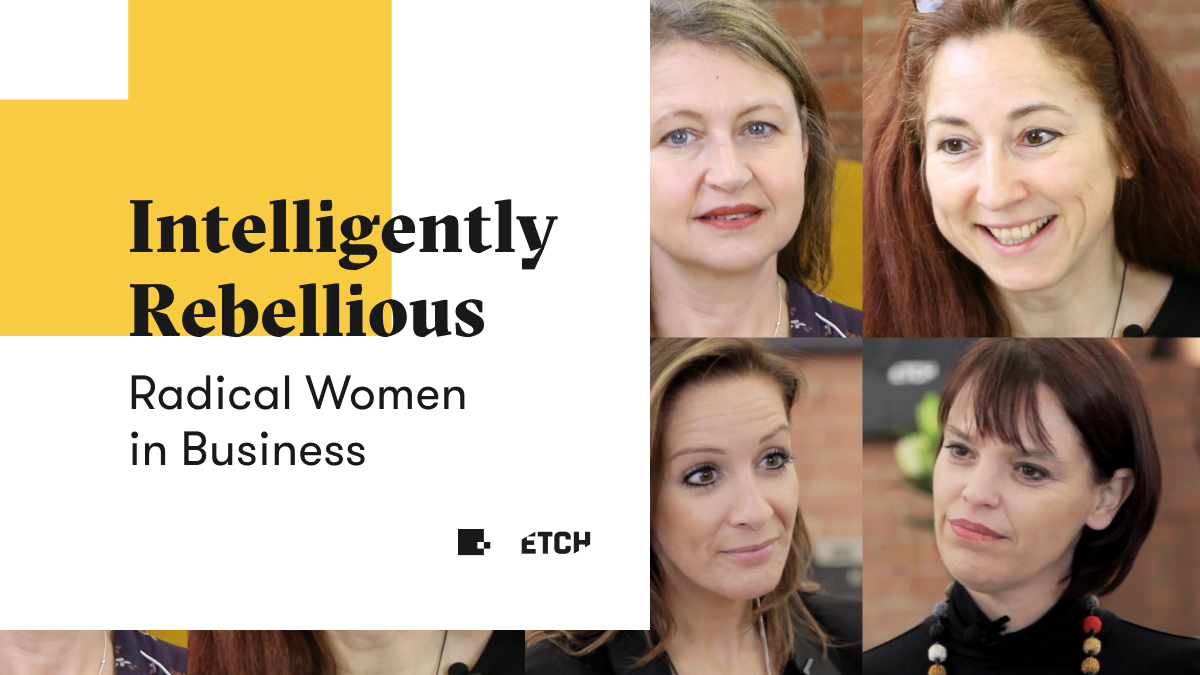
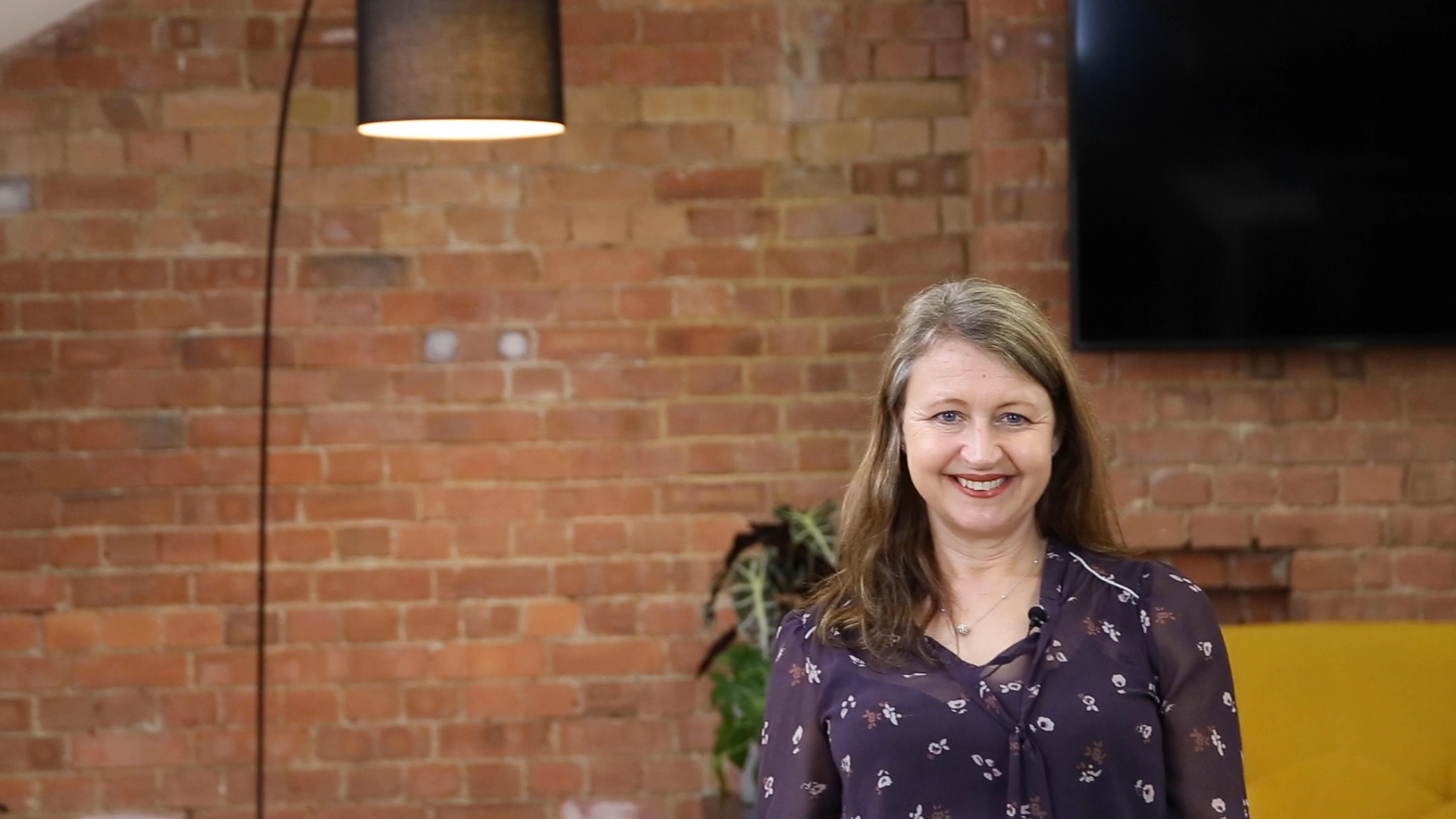
What does the idea of being radical mean to you? It’s about 2 things for me. The first is about speaking out, about standing up for something you believe in. It’s about doing things in a different way, thinking differently and approaching things in a different way. think it’s about resetting your mindset and re-looking at things from a different angle.
Is radical behaviour easier for women or men in business? I don’t think it’s always a gender thing to be honest. I think some of it is about personality. Some people have a natural tendency and are very confident about speaking out, thinking fast and doing things differently, and some people just aren’t. So, I don’t think it’s necessarily about gender, but I do think there is something about being what I call ‘quietly radical’. Which is about maybe seeking consensus and building consensus to do things in a different way through relationship building and I think maybe sometimes women might be better at that, than men.
Which radical women in business do you admire the most? I heard someone called Beth Comstock speak at WIRED last year and she is absolutely amazing. She’s an American woman whose career has spanned NBC, General Electric and introduced radical change in really big, traditional companies. She was so inspiring. She’s written a book called ‘Imagine it Forward’. She is really inspiring about that difficult change in quite a male dominated world.
What is the most radical thing you have done in business? I think I’m probably one of those quietly radical people. I tend to do something which I call my ‘Transformation By Stealth’ method. I work on doing things quickly and fast, but underneath the radar, so that when I’ve done something, I’ve already delivered it before people have really realised what I’m doing and can object. I suppose that’s a different kind of being radical, but I find that it’s a really good way of getting things done and doing things in a different way without people noticing.
How do businesses need to evolve to support radical women? I think there’s lots of ways businesses need to evolve to support women, full stop. Obviously around flexible working, allowing people with different lifestyles, people with families to work in different ways. I think digital is one of the enabling ways that helps people who work in the evening when they put their kids to bed for example. It just about being radical – enabling people to challenge in a safe way, enabling people to try things, the whole ‘fail-fast’ methodology. I think all of that encourages people to think and act radically.
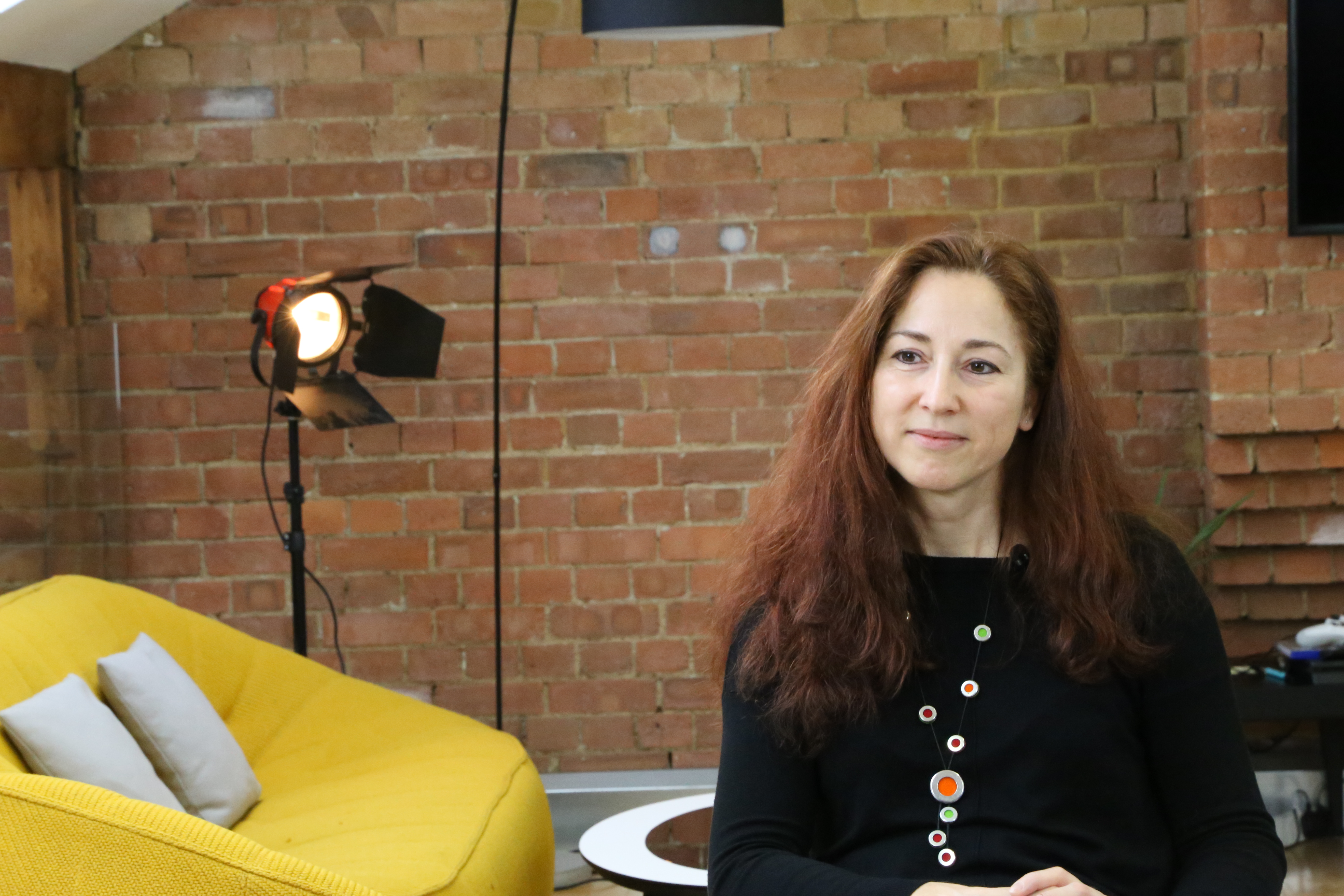
What does the idea of being radical mean to you? For me, radical means that you are not afraid, that you’re kind of fearless to look at new connections, new solutions and new opportunities. That you can take a stepped back look at the entire picture and come up with holistic solutions that might involve things that others might not necessarily have thought about, that might not be obvious and then propose them and not be afraid to propose them.
Which radical women in business do you admire the most? The woman that I admire most in business is my Dutch grandmother. She passed away, but she was an amazing business woman. She started her camping business with her husband in 1949, which she built it up to a leisure centre. Her Husband died 10 years after that and she lost 3 of her 4 children, but despite it all, she built this empire with swimming pools and bowling lanes and shops and she really was a pioneer in the leisure centre world and got a lot of recognition for that as well . She achieved so much, just by pure willingness. She wasn’t allowed to study, she wanted to be a vet, but that’s the time she came from.
Is radical behaviour easier for women or men in business? I have the impression that it is a bit easier to be radical for women, because their brains might be wired to think of a lot of things at the same time anyway. And I also think that in general, women might care more about the outcome of projects and that’s why they are willing to take risks, while men see projects as part of their career and are less brave…maybe.
What is the most radical thing you have done in business? In my career I’ve changed a lot of career paths and lot of directions. In my personal business I dare to take those risks, to change radically what I was doing. In the jobs that I have had, I’ve never been afraid to come up with radical solutions. When I was a mass produced, product engineer, I designed a pipe clasp, which is quite a boring product, but I came up with a locking system based on jewellery that totally transformed our product. I think seeing different opportunities and seeing different fields and bringing them together to solve solutions is the general red line in my career, but I’ve always been quite radical.
How do businesses need to evolve to support radical women? I think that businesses in general should listen more to women. And listen more thoroughly to what they are actually saying, because a lot of businesses, as soon as a woman starts talking (and it is not what they expect) they kind of cut her off and say “no, no, no”. I think that businesses should be more open to what people are saying and more willing to try things out so that they can prove that actually it’s valuable what they are saying.
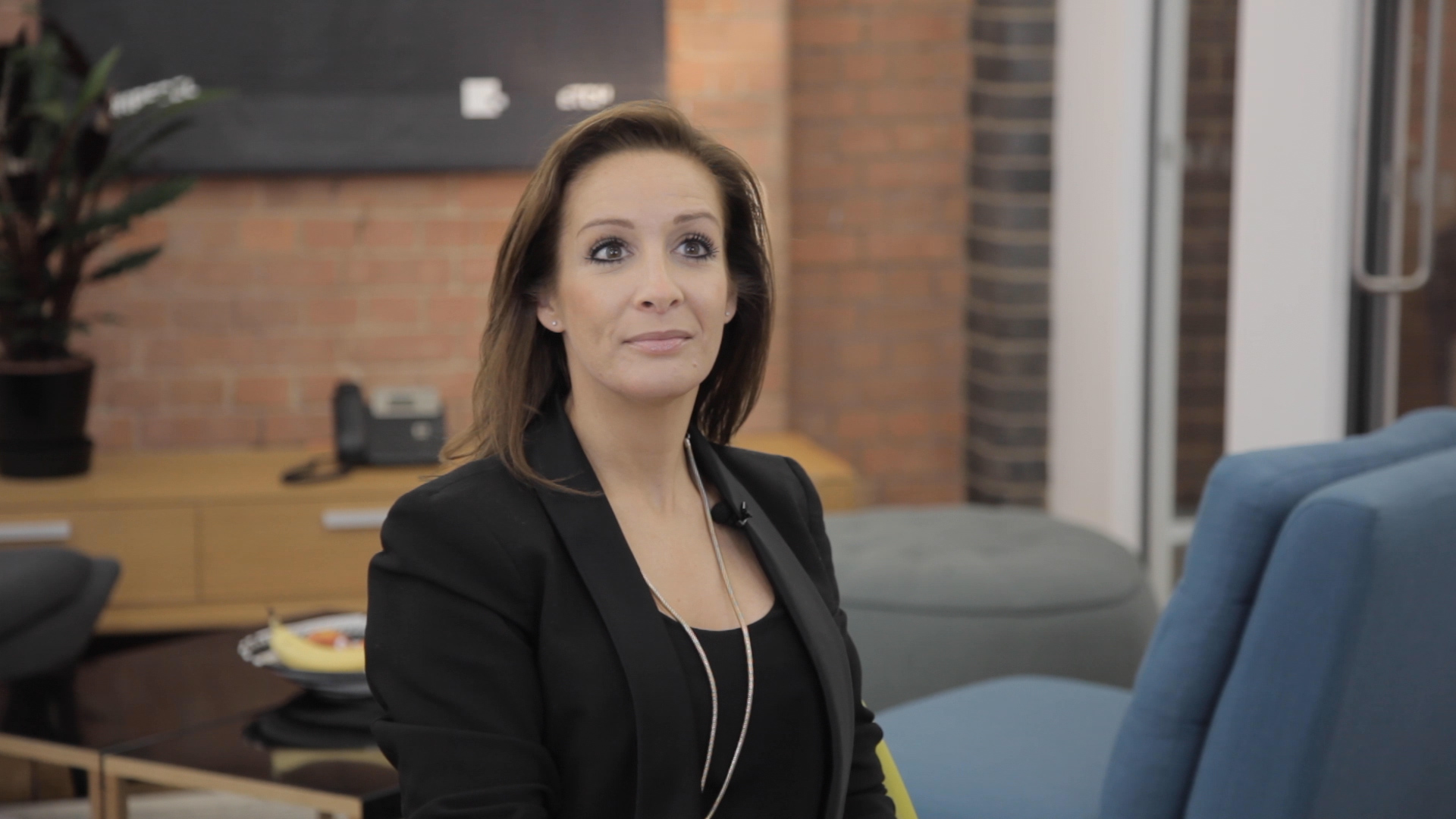
What does the idea of being radical mean to you? To me the idea of being radical is about having courage for what you believe in, for being authentic and having the confidence to stand and say when something’s not right, not working or when there’s a better way
Is radical behaviour easier for women or men in business? I genuinely believe it’s easier for men to be radical in business. I’ve had the benefit of working with many radical people in my career both men and women, but from my experience and with what I’ve seen, I think women have to try harder to cut through and be heard. Mainly because of the ingrained gender bias which still exists.
Which radical women in business do you admire the most? So first, my number one is a lady I’m working with currently, Linda Hewson who is Group Creative Director at Selfridges. Linda is a passionate champion of culture, creativity, innovation, but she’s also a real force for social change, mental wellbeing and sustainability. Instead of jumping on regular trends, she seems to bypass those and look at the more macro societal issues and bring it to life in this incredible Selfridges experience. She’s incredible in what she does.
Mary Portas is somebody I enjoyed working with immensely. She had such energy, such passion and the ability to constantly cut through and challenge many ingrained perceptions, challenge the status quo to make a difference and create campaigns and brands that really resonated.
Hands-down the woman that I admire most in business is Body Shop founder, Anita Rodick. What I admire so much about Anita is that she never swayed from what she believed in, she stayed true to her values and beliefs and made a global business that actually was commercially viable but also delivered social and environmental impact.
What is the most radical thing you have done in business? Walking into a meeting and pitching a pop-up restaurant at Westfield’s under-construction car park in the middle of Europe’s largest construction site, which was soon to be the Olympic Park was quite a big risk. It had to host new talent awards and it also had to be sustainable, so I wanted the whole project to be built from disused materials from the construction site. Looking back it’s probably one of the most radical, if not crazy ideas, I’ve ever pitched.
How do businesses need to evolve to support radical women? I think businesses have still got a really long way to go in supporting and encouraging radical women. About 80 percent of companies now have some form of commitment around improving diversity in the workplace but it doesn’t always translate into action. So where does this start? It’s got to start at the top and I think strong leaders with clear principles and values that are able to turn the diversity issue into a commercial imperative is really important.
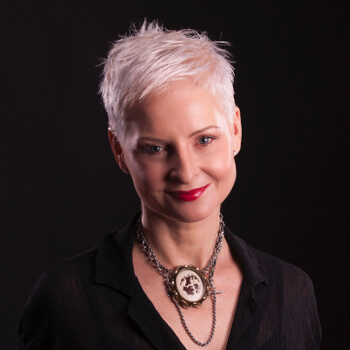
What does the idea of being radical mean to you? Being personally radical means to me; being in my mid 50’s and a woman in technology. In the words of Shirley Maclaine ‘And I’m still here’…
Is radical behaviour easier for women or men in business? Being radical, as a noun, rather than an adjective, has been essential for women. We have had to advocate for social change, and still are advocating for change. So perhaps we could be better at it because we have had more practise than your average man.
Which radical women in business do you admire the most? I admire each and every single one of the women I work with. They are all crash hot and passionate about what they do.
What is the most radical thing you have done in business? I had a career change in my early 30’s. I was an actor happily resting, whilst writing for BBC science strand, Tomorrow’s World. They were launching something called a website, making ones and zero’s communicate across the heavens, telling stories in different ways. There was no way I couldn’t pursue it. I literally had a career change overnight. I became part of the launch team for BBC Online, heading up the Drama and Entertainment channels. I then went to launch E4, after that I headed over to the Discovery Channels as Global Production Director. Discovery is where my journey into technology began, and I haven’t looked back. I love it.
How do businesses need to evolve to support radical women? I get the sense that radical women are still seen as trouble makers. Jamie Oliver’s business is slightly different as its majority female. However, I do think in some sectors we just have to introduce quotas now. Radical I know! We have tried to hire more women in top roles, however things are just not moving quickly enough. We are a LONG way off being split evenly. We need to be brave and interrogate the resistance to quotas and make sure we focus on the right issues, rather than debates that don’t move us all on. For example, the debate always grinds to halt when it’s asserted, with absolutely no data to support it, that positively hiring women would mean hiring less qualified women than men, which in turn would exacerbate sexism. That notion is widely prevalent, and a diversion from the real issues.
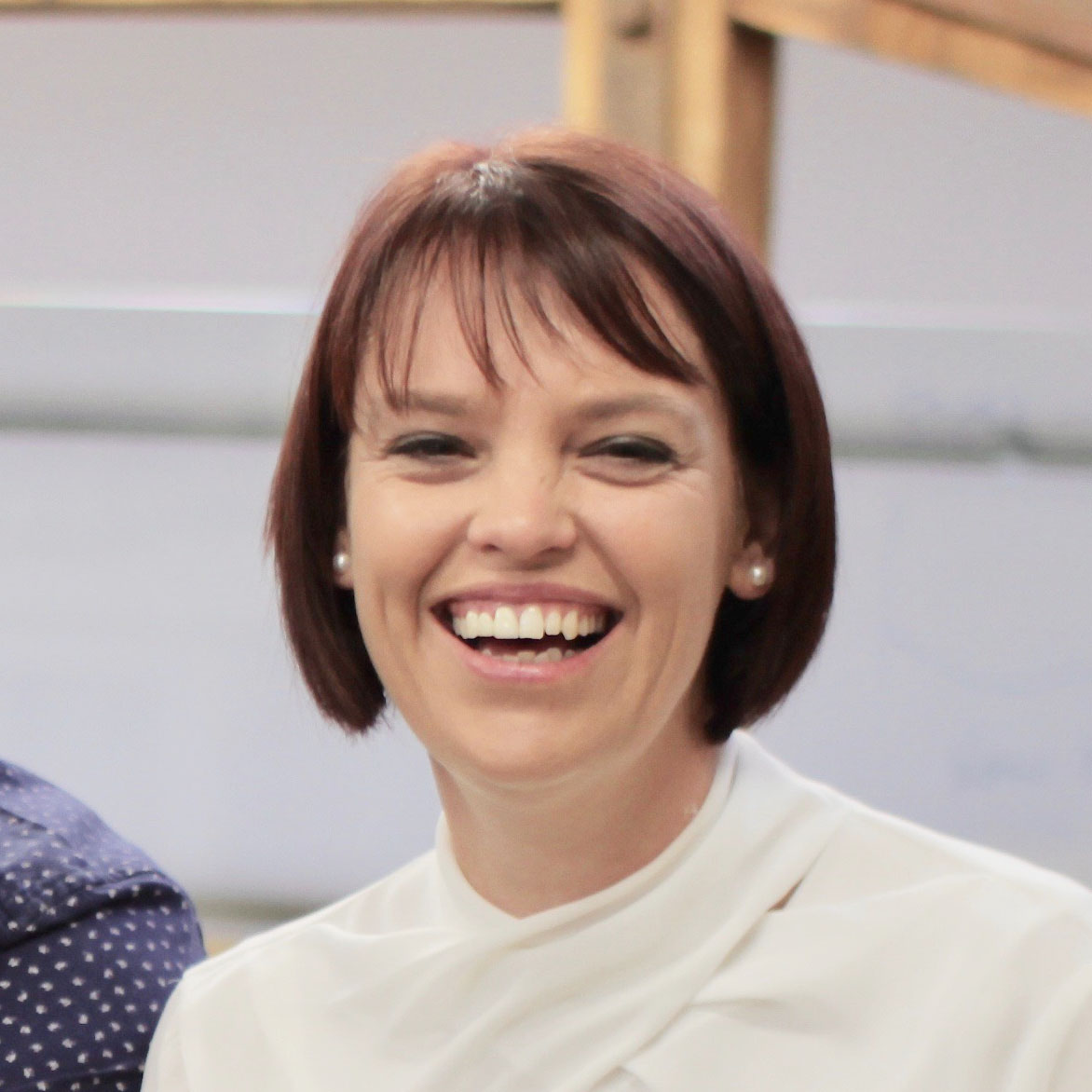
What does the idea of being radical mean to you? For me, two words come to mind, they are connected – CREATIVITY & BRAVERY. I think it’s attempting to make a change to something that is out of reach, that is beyond your grasp. Having the bravery to go for it and the self-belief that you can achieve it without any evidence that you can.
Is radical behaviour easier for women or men in business? I did think about this question, long and hard. It’s a challenging question. No, I don’t think there is any gender basis to say one gender is more radical than another. But I do think that they are intrinsically values that are more ofay based on your gender. I think men are generally braver than women and they seem to have less fears than I think women do, I think they’re more inclined to go for things as opposed to women who hold back a bit more.
Which radical women in business do you admire the most? Can I answer that question a little differently? It’s not a woman in business, and actually I don’t know the woman now, but it was at a time during the midst of apartheid, I was at an all-girls school with 800 white girls. Apartheid was lifted which caused a liberation of black people within the community. Our all-white girls school gained our first black teenager. She was 14, I was 16 and I remember sitting in assembly with all these white faces and this one black face. We got to know this young woman, her name was Sophie and just absolutely radical, to have taken that step forward. I just remember being so impressed how difficult this must be, yet she stood to fight against injustice to take on that position which I thought was really impressive.
What is the most radical thing you have done in business? Which one is more radical than the other? That is the question. I think anyone who decides to go into business themselves is radical. I think it’s a tremendously brave decision. There’s been multiple moments where I think we’ve been very radical. Radical can be on the cusp of stupidity, I think. There’s been some crazy decisions we’ve made, but without any risk-taking in an organisation, you will not grow, of course with risk-taking is the huge threat of failure. I would think that probably our biggest moments of radical decision-making is in the acquisitions we’ve done over the years. Organic growth is safe and it’s palatable, but any sort of leap-frog jump to an acquisition or a merger is a huge decision and it comes with a lot of risks. I think every time we’ve encountered that and decided to go forward, despite the threat of failure, it has been very radical.
How do businesses need to evolve to support radical women? I think employers absolutely need to do more and corporates need to lead the way in allowing more flexible environments for radical women. I also think that employers need to really embrace a culture that allows failure, because I think companies get the most out of employees when you do that.
If you’re a Radical Thinker and would like the opportunity to join our Intelligently Rebellious series, pop your details in an email to Katie.Street@EtchUK.com and we’ll keep you updated with our next event.